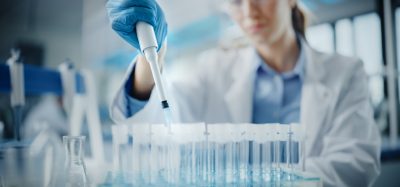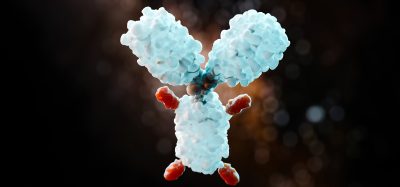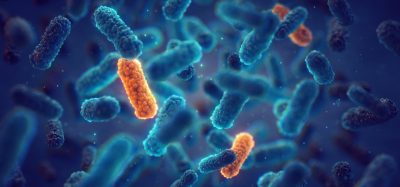York scientists one step closer to finding a new generation of antibiotics
Posted: 16 October 2015 | Victoria White
The scientists used novel genetic engineering tools to manipulate the genes required for antibiotic biosynthesis…


Scientists at the University of York have conducted research that could help in the search for new antibiotics that are effective against resistant bacteria.
It is hoped that their work, led by Professor Maggie Smith, will provide new tools for creating stable genetically engineered strains which could lead to improvements to existing antibiotics and the development of new ones.
The study used novel genetic engineering tools to manipulate the genes required for antibiotic biosynthesis. The new tools will enable scientists to create new antibiotics.
In a proof-of-principle experiment, the researchers effectively mixed and matched the genes from different antibiotic biosynthesis pathways to make new antibiotics. They took genes from the biosynthesis pathways for the antibiotics erythromycin and angolomycin to create new molecules that appeared to have antibiotic activity.
Technique could ‘unblock’ the antibiotic potential of more biosynthetic pathways
The technique could ‘unlock’ the antibiotic potential of a significantly larger number of biosynthetic pathways than traditional methods of producing antibiotics.
Professor Smith said, “We are running out of antibiotics and we need to find ways to improve the ones that we have to make them effective against resistant bacteria or we have to find new ones. It is important to provide the tools to facilitate more innovative experiments for the growing number of researchers who are interested in manipulating antibiotic pathways.”
Related topics
Antibiotics
Related organisations
York University







